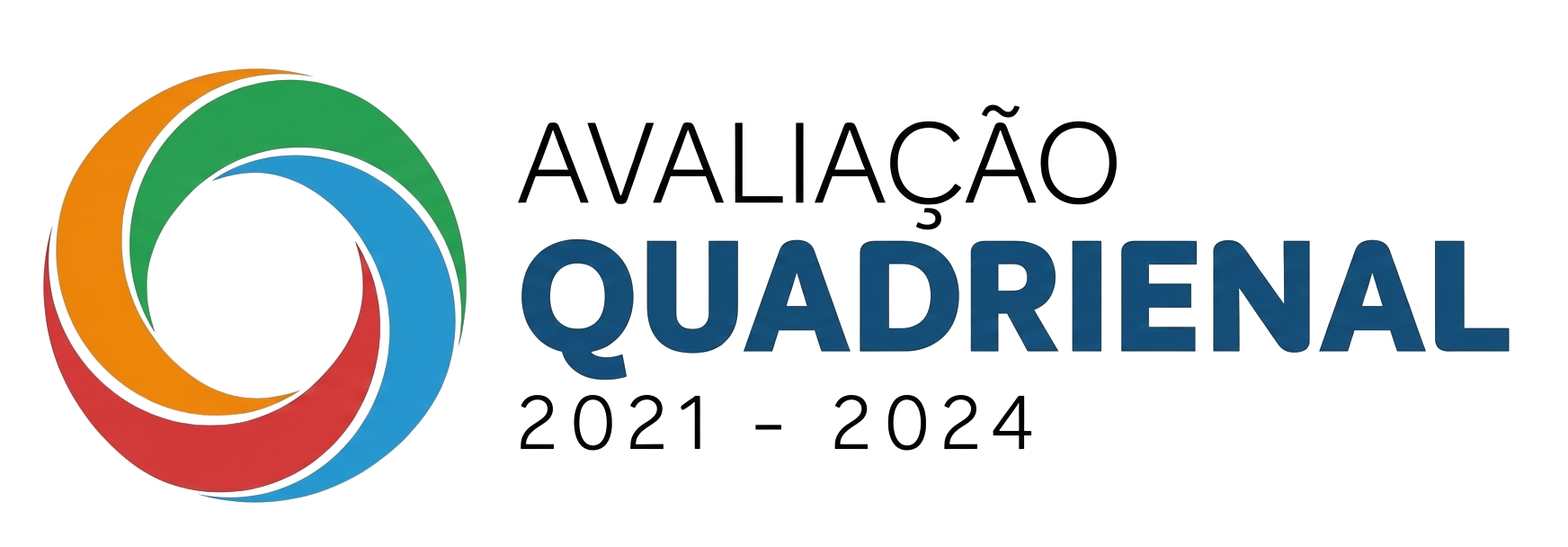The nuremberg trials influence in the international criminal justice construction
DOI:
https://doi.org/10.5281/zenodo.4382208Keywords:
Nuremberg Trials. National Socialism. International Criminal Court. Human Rights. International Criminal Law.Abstract
This study addresses the influence of the Nuremberg Trials in the international criminal justice consolidation. The Nuremberg International Military Tribunal was created through the London Agreement of 1945, with established the creation of a military tribunal by the Allies in Nuremberg, Germany, to judge the guilties for the crimes committed to a wide-ranging population in Europe, due to nazi conspiration. At the beginning, the following research problem area was proposed: in which extension did the Nuremberg Trials contribute to the international justice construction? In order to make this central question clear, this article is composed by two parts, which have the specific objectives: 1) To elucidate the Nuremberg Trials Development, since its origins until the guilties penalties; 2) To comprehend the Nuremberg Trials and its Statute matter in the composition of the international criminal law and human rights; and 3) To analyze the international community learning after the Nuremberg Trials, as well as its Statute as starting point to the formulation of new Statutes for the International Military Tribunals for ex-Yugoslavia and Ruanda, the creation of the International Criminal Court and the discussion and improvement of Human Rights. Through the hypothetical-deductive methodology, it was concluded that the Nuremberg Trials have brought many benefits, between them persons joined to the international community and the war crimes typification, what took a change of ages in the International Law. Finally, in continuity to the Nuremberg legacy, the implantation of a permanent International Criminal Court emphasized by its importance, to make justice in an international level.
Downloads
References
ABEREX JR, José. Guerra Fria: terror de Estado, política e cultura. São Paulo: Moderna, 1997.
ARENDT, Hannah. Eichmann em Jerusalém: um relato sobre a banalidade do mal. São Paulo: Companhia das Letras, 2013.
ARENDT, Hannah. Origens do totalitarismo. São Paulo: Companhia das Letras, 1989.
BARTROP, Paul; DICKERMAN, Michael.The Holocaust: An Encyclopedia and Document Collection. ABCD Clio, LLC: Santa Barbara, 2017.
BAZELAIRE, Jean-Paul; CRETIN, Thierry. A Justiça Penal Internacional: Sua Evolução, seu Futuro: de Nuremberg a Haia. 1. ed. Tradução: Luciana Pinto Vernâncio. Barueri: Manole, 2004.
CASSESE, Antonio. The Oxford Companion to International Criminal Justice. Oxford University Press: Oxford, 2009.
CESARANI, David. Eichmann: His Life and Crimes. Vintage: London, 2005.
CLARK, Roger S.. Nuremberg and the Crime Against Peace. Disponível em: <https://openscholarship.wustl.edu/law_globalstudies/vol6/iss3/6>. Acesso em: 23 nov. 2019.
COMPARATO, Fábio Konder. A afirmação histórica dos Direitos Humanos. São Paulo: Editora Saraiva, 2017.
CVCE. Opening address by Robert H. Jackson (Nuremberg, 21 November 1945). Disponível em: <http://www.cvce.eu/obj/opening_address_by_robert_h_jackson_nuremberg_21_november_1945-en-9a50a158-f2f7-468b-9613-b2ba13da7758.html>. Acesso em: 20 jun. 2019.
DRAPER, G. I. A. D. “Grotius’ Place in the Development of Legal Ideas about War”. In: BULL, Hedley; KINGSBURY, Benedict; ROBERTS, Adam. Hugo Grotius and International Relations. Oxford: Claredon Press, 1995.
FERRO, Ana Luiza Almeida. O Tribunal de Nuremberg: Dos Precedentes à Confirmação de Seus Princípios. Belo Horizonte: Mandamentos, 2002.
GONÇALVEZ, Joanisval Brito. Tribunal de Nuremberg (1945-1946): a gênese de uma nova ordem no Direito Internacional. Renovar: Rio de Janeiro, 2001.
GROTIUS, Hugo. On the Law of War and Peace. Traduzido por A. C. Campbell, A. M. Kitchener: Batoche Books, 2001.
GUSMÃO, Paulo Dourado de. Introdução ao Estudo do Direito. 23. ed. Forense: Rio de Janeiro, 1998.
HEYDECKER, Joe; LEEB, Johannes. Der Nürnberger Prozess. Köln: Köln Kiepenheuer & Witsch, 2015.
HUHLE, Rainer. Hacia una comprensión de los “crímenes contra la humanidad” a partir de Nuremberg. Revista Estudios Socio-Juridicos, ed. 13, vol. 2, 2011.
INTERNATIONAL COMMITTEE OF THE RED CROSS. The Geneva Conventions of 12 August 1949. Disponível em: <https://www.icrc.org/en/doc/assets/files/publications/icrc-002-0173.pdf>. Acesso em: 09 jun. 2019.
JAPIASSÚ, Carlos Eduardo Adriano. Coleção Para Entender: O Direito Internacional Penal. Belo Horizonte: Editora Del Rey, 2008.
JATOBÁ, Daniel. Teoria das Relações Internacionais. São Paulo: Saraiva, 2013, p. 40.
LAFER, Celso. A resconstrução dos direitos humanos: um diálogo com o pensamento de Hannah Arendt. São Paulo: Companhia das Letras, 1988.
LAKATOS, Eva Maria; MARCONI, Marina de Andrade. Fundamentos de metodologia científica. 7. ed. São Paulo: Atlas, 2017.
LAUREN, Paul. From Sovereign Impunity to Accountability: Forces of Transformation and the Changing International Human Rights Context. Nova Iorque: United Nations University Press, 2004.
MAZZUOLI, Valério de Oliveira. Curso de Direito Internacional Público. São Paulo: Editora Revista dos Tribunais, 2007.
MEMORIUM NÜRNBERG PROZESS. Die Angeklagten. Disponível em: < https://museen.nuernberg.de/memorium-nuernberger-prozesse/themen/die-nuernberger-prozesse/der-internationale-militaergerichtshof-1945-1946/die-angeklagten/>. Acesso em: 10 jun. 2019.
NATIONAL ARCHIVES AND RECORDS SERVICE. Records of the United States Nuernberg War Crimes Trials United States of American V. Ulrich Greifelt et al. (CASE VIII) October 10. 1947- March 10, 1948. Disponível em: < https://www.archives.gov/files/research/captured-german-records/microfilm/m894.pdf>. Acesso em: 13 abr. 2019.
NEVES, Thiago de Andrade. Revista Eletrônica de Direito Internacional. vol. 5, p. 555, 2009. Disponível em: <http://www.cedin.com.br/revistaeletronica/volume5/ arquivos_pdf/sumario/thiago_neves.pdf>. Acesso em: 11 jun. 2019.
PROCURADORIA FEDERAL DOS DIREITOS DO CIDADÃO. Convenção para a prevenção e repressão do crime de genocídio. Disponível em: <http://pfdc.pgr.mpf.mp.br/atuacao-e-conteudos-de apoio/legislacao/segurancapublica/convenca....crime_genocidio.pdf>. Acesso em: 09 jun. 2019.
REZEK, Francisco. Direito internacional público. São Paulo: Saraiva, 2016.
SANDS, Phillipe. From Nuremberg to Hague: The future of International Criminal Justice. Cambridge: Cambridge University Press, 2003.
SCHABAS, Willian. An introduction to the International Criminal Court. Cambridge: Cambridge University Press, 2011.
SHIRER, William L.. The rise and fall of the Third Reich: A History of Nazi Germany. Nova Iorque: St. Martin's Press, 2011.
THE HOLOCAUST ENCYCLOPEDIA. The July 20, 1944, plot to assassinate Adolf Hitler. Disponível em: <https://encyclopedia.ushmm.org/content/en/article/the-july-20-1944-plot-to-assassinate-adolf-hitler?series=18006>. Acesso em 26 mai. 2019.
THE JEWISH LIBRARY. The Nuremberg Trials: In-Depth Overview of Judgements & Sentencings. Disponível em: <https://www.jewishvirtuallibrary.org/nuremberg-trial-judgements-martin-bormann>. Acesso em 12 jun. 2019.
THIELE, Wolfgang. O tratamento das violações de direitos humanos da ditadura nazista no pós-Segunda Guerra Mundial. Disponível em: <http://revistaeletronica.oabrj.org.br/wp-content/uploads/2017/09/O-tratamento-das-viola%C3%A7%C3%B5es-de-Direitos-Humanos-da-ditadura-nazista-no-p%C3%B3s-Segunda-Guerra-Mundial-Wolfgang-Thiele.pdf>. Acesso em: 25 maio 2019.
TRINDADE, Antônio Augusto Cançado. Os Tribunais Internacionais Contemporâneos. Brasília: Funag, 2013.
UNITED NATIONS PUBLICATIONS. Human Rights and Constitution making. Disponível em: < https://www.ohchr.org/Documents/Publications/ConstitutionMaking_EN.pdf>. Acesso em: 26 mai. 2019.
Downloads
Published
How to Cite
Issue
Section
License
Copyright (c) 2020 Cadernos Eletrônicos Direito Internacional sem Fronteiras.

This work is licensed under a Creative Commons Attribution 4.0 International License.





